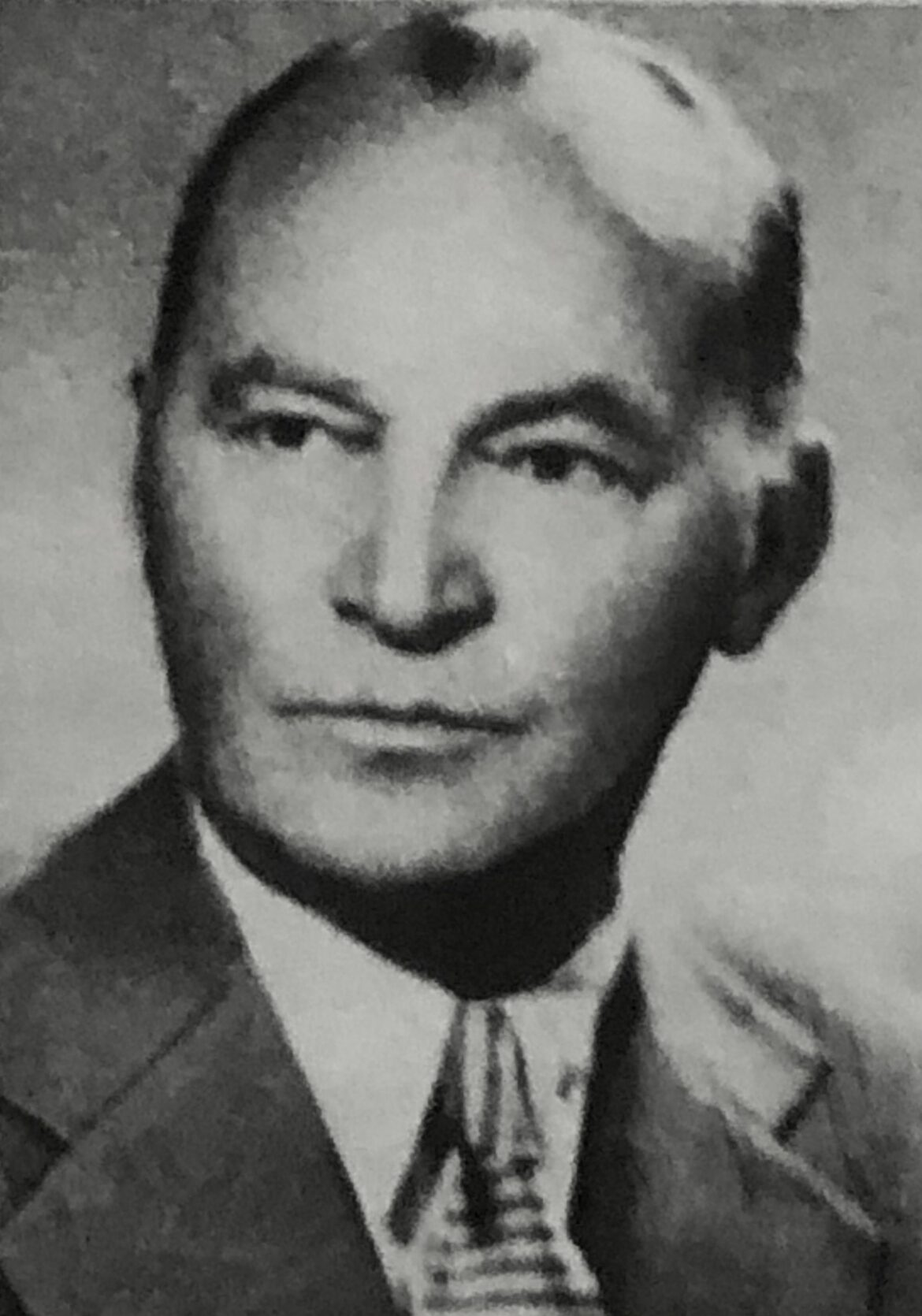He had three aliases in the underground – “Janek”, “Marek” and “Łukowski”. During the Second World War, Marek Arczyński was among the founders of the Żegota Council to Aid Jews, being its treasurer. He was also in charge of its Legalisation Desk, whose task was to produce false documents for Jews.
He was born in 1900 into a Kraków working-class family. Little is known about his life until the outbreak of the Second World War. In 1921, he took part in the Third Silesian Uprising, then worked in the railways, and in the late 1930s he joined the Democratic Party.
During the German occupation, he was Chairman of the Democratic Party in the former Kraków Province, and Editor-in-Chief of the “Polish Daily”, – an underground newspaper affiliated with the party. The paper was published from 1940 to 1945. In 1943, Arczyński left his original party, being a supporter of its left wing, which was transformed into a new grouping – the Polish Democracy Party.
Parallelly to his party and underground activities, he was active in saving the Jewish population. In 1942, he became a member of the presidium of the Żegota Council to Aid Jews, serving as its treasurer. As part of his duties, he presented monthly reports to the Audit Committee on how funds were spent on Jews in hiding. He was also subordinate to the Legalization Desk, where the necessary documents for them were forged – kennkarts, marriage certificates, passes, work permits, etc. This group consisted of six people. The prints were prepared in a secret print shop located at 41 Nowy Świat Street, where party materials were also produced. As a concealment, there was a kitchenware store in this room.
In 1965, for his work in Żegota, Arczyński was awarded the title ‘Righteous Among the Nations’. During the communist period, he published a book about it (together with historian Wiesław Balcerak). It is worth recalling that this now somewhat forgotten study was based on Arczyński’s rich wartime archive.
After the war, the Żegota treasurer did not play a significant role in political or social life, although for a short time he was an MP for the KRN and the Sejm. In the second half of the 1950s, he was expelled from the Democratic Party for attempting to open an internal opposition, called the “renewal group”.
He died in Warsaw in 1979.





